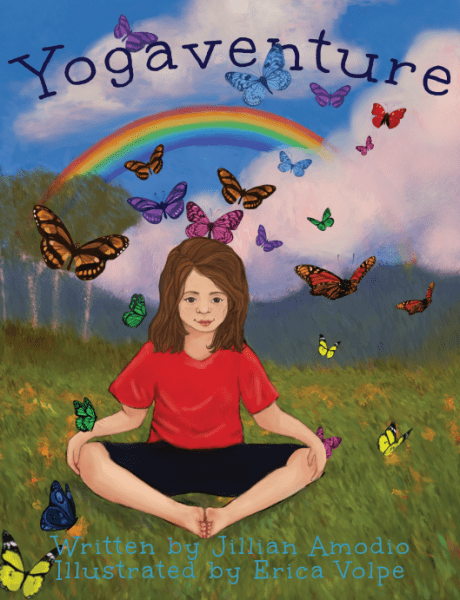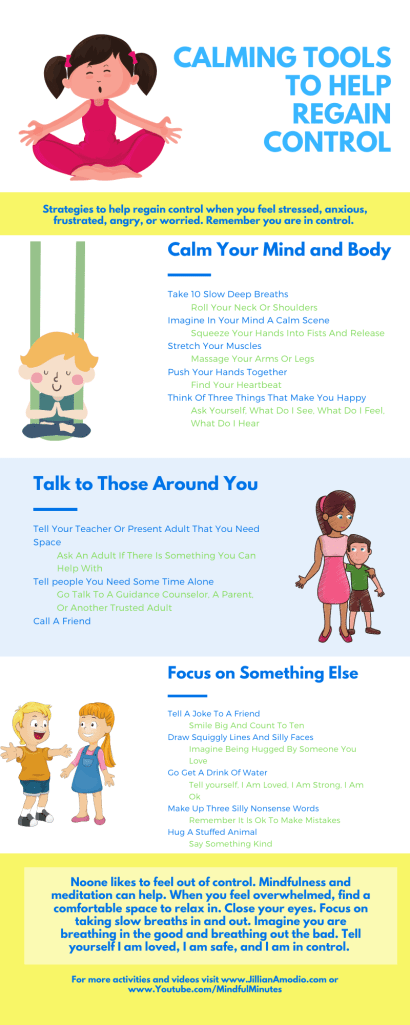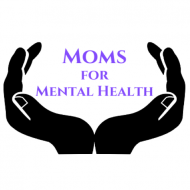In an effort to truly build a society of loving acceptance, it is imperative that we are vocal about issues needing to be addressed, even if those issues do not specifically affect us. It is more important than ever to think abut the social injustices and social concerns that are occurring around us and do our part to speak up and spark thought, conversation, and hopefully change. Today I sent this letter to all of our Maryland elected officials (and a similar one to all of the Maryland school boards) Please consider thinking about an area you would like to see change in and reach out! If you need emails let me know, I keep a list.
State Elected Official Letter
Good afternoon,
I am writing to you today with a concern that I hope you will hold dear to your heart. I know that there are many issues that we as Marylanders face daily, especially during times of such struggle. I thank you for all of your continued efforts to serve our community members.
Suicide is a major concern among our youth population and we need to ensure that citizens and officials are doing what we can to work together to prevent such tragedy. Suicide was the tenth leading cause of death overall in the United States, claiming the lives of over 48,000 people. According to the National Institute of Mental Health suicide was the second leading cause of death among individuals ages 10-34.
According to the CDC “A study of youth in grades 7-12 found that lesbian, gay, and bisexual youth were more than twice as likely to have attempted suicide as their heterosexual peers. Some risk factors are linked to being gay or bisexual in a hostile environment and the effects that this has on mental health.”
I have spoken at length on the risk of suicide as a whole and today I would like to break that risk down further to express the need for prevention and intervention specifically for the LGBTQ community. Those identifying as LGBTQ often face increased instances of discrimination, stigma, and feelings of shame or confusion that can lead to a decline in mental health and an increase in mental health issues including depression and suicidal ideations. Due to things like stigma and a lack of understanding or openness surrounding discussions about gender and sexuality, it can be difficult for LGBTQ persons to seek adequate guidance, support, or assistance for mental health struggles. This may include fear of discrimination, lack of access to LGBTQ informed providers, or lack of access to quality and affordable care.
Recent statistics show that 4.2% of Adult Marylanders are LGBTQ. 5% of the Maryland workforce identifies as LGBTQ, and 20%of the Maryland LGBTQ population are raising children.
Youth identifying as transgender are four times as likely to experience depression than their heterosexual peers. Stigma and discrimination of members of the LGBTQ youth community cause them to be more at risk of facing struggles with their mental health. Twenty eight percent of LGBTQ youth report feeling depressed in comparison to twelve percent of non-LGBTQ youth. LGBTQ youth are two times as likely to have suicidal ideations and four times more likely to make a suicide attempt compared to heterosexual peers. LGBTQ youth who are rejected by their families are 8.4 times as likely to attempt suicide as those who do not experience rejection.
According to the Trevor Project 48% of LGBTQ youth reported engaging in self-harm in the past twelve months, including over 60% of transgender and nonbinary youth. 46% of LGBTQ youth report they wanted psychological or emotional counseling from a mental health professional but were unable to receive it in the past 12 months. 29% of LGBTQ youth have experienced homelessness, been kicked out, or run away. 61% of transgender and nonbinary youth reported being prevented or discouraged from using a bathroom that corresponds with their gender identity. 86% of LGBTQ youth said that recent politics have negatively impacted their well-being
In an effort to cultivate a safe, inclusive, and accepting environment for LGBTQ Marylanders, and be an example for how others should follow suit, I implore you to keep LGBTQ rights and equality at the forefront of your minds and continue to seek ways of building bridges of connection and communication to lessen the painful ramifications of mental health concerns and suicide on our communities.
I encourage you to continue to push for things like access to quality and affordable health care that includes being seen in a timely manner, and treated with dignity and respect regardless of gender identity or sexual orientation. I implore you to seek ways to cultivate safe and accepting school and work environments, as well as inclusive legislation, ensuring the rights of all individuals are protected and taken into account. I also encourage greater discussions about proper pronoun use in schools, legislation, work environments, and medical practices. I push for ensuring that there are safe spaces and safe people for LGBTQ community members to seek guidance, help, and support from. Please do not be silent about your support of the LGBTQ community. Please use your voice and your positions to advocate for the continued health and wellness of all our residents.
Suicide (especially among the LGBTQ community) needs to become a social problem and not just a mental health issue. To make it a social problem we must be vocal in our concerns and our support. Those in marginalized subsets of our community may feel like they have no one on their side who understands them. They often begin to wonder, do I matter? Is there a place for me? Does anyone really care? It is our duty as a society of fellow human beings to reach out to those who may not fit the norm and help them to realize that they have every right to exist and to thrive as anyone else. By advocating for social change, allies and members of this community can come together to fight for systemic changes and a societal shift in perspective. We can collectively say I see you. I value you. I will fight alongside you for the treatment you deserve. A society is only as strong as our weakest members, and it is our weakest members and those who live in silence who deserve to have light shed on the struggles they are facing and the changes that need to occur.
Many thanks,
Jillian Amodio
School Board Letter
Good afternoon,
I am writing to you today with a concern that I hope you will hold dear to your heart. As individuals in positions of influence for our schools I know you want what is best for all of our children. I know that there are many issues Maryland families face daily, especially during times of such struggle. I thank you for all of your continued efforts to serve our children and their families.
Suicide is a major concern among our youth population and we need to ensure that citizens and officials are doing what we can to work together to prevent such tragedy. Suicide was the tenth leading cause of death overall in the United States, claiming the lives of over 48,000 people. According to the National Institute of Mental Health suicide was the second leading cause of death among individuals ages 10-34.
According to the CDC “A study of youth in grades 7-12 found that lesbian, gay, and bisexual youth were more than twice as likely to have attempted suicide as their heterosexual peers. Some risk factors are linked to being gay or bisexual in a hostile environment and the effects that this has on mental health.”
Those identifying as LGBTQ often face increased instances of discrimination, stigma, and feelings of shame or confusion that can lead to a decline in mental health and an increase in mental health issues including depression and suicidal ideations. Due to things like stigma and a lack of understanding or openness surrounding discussions about gender and sexuality, it can be difficult for LGBTQ persons to seek adequate guidance, support, or assistance for mental health struggles. This may include fear of discrimination, lack of access to LGBTQ informed providers, or lack of access to quality and affordable care.
Youth identifying as transgender are four times as likely to experience depression than their heterosexual peers. Stigma and discrimination of members of the LGBTQ youth community cause them to be more at risk of facing struggles with their mental health. Twenty eight percent of LGBTQ youth report feeling depressed in comparison to twelve percent of non-LGBTQ youth. LGBTQ youth are two times as likely to have suicidal ideations and four times more likely to make a suicide attempt compared to heterosexual peers. LGBTQ youth who are rejected by their families are 8.4 times as likely to attempt suicide as those who do not experience rejection.
According to the Trevor Project 48% of LGBTQ youth reported engaging in self-harm in the past twelve months, including over 60% of transgender and nonbinary youth. 46% of LGBTQ youth report they wanted psychological or emotional counseling from a mental health professional but were unable to receive it in the past 12 months. 29% of LGBTQ youth have experienced homelessness, been kicked out, or run away. 61% of transgender and nonbinary youth reported being prevented or discouraged from using a bathroom that corresponds with their gender identity. 86% of LGBTQ youth said that recent politics have negatively impacted their well-being
In an effort to cultivate a safe, inclusive, and accepting environment for LGBTQ youth, and be an example for how others should follow suit, I implore you to keep LGBTQ rights and equality at the forefront of your minds when thinking about how our schools operate. I encourage you continue to seek ways of building bridges of connection and communication to lessen the painful ramifications of mental health concerns and suicide on our communities.
I encourage you to find ways of educating staff members on the specifics of the LGBTQ community and the unique struggles they face. I implore you to seek ways to cultivate safe and accepting school environments including in the classroom, on the busses, and in extra curricular activities. I also encourage greater discussions about proper pronoun use in schools both among staff and students. I push for ensuring that there are safe spaces and safe people for LGBTQ youth to seek guidance, help, and support from and that it is made obvious who these safe people are. Please do not be silent about your support of the LGBTQ youth. Please use your voice and your positions to advocate for the continued health and wellness of all our students.
Suicide (especially among the LGBTQ community) needs to become a social problem and not just a mental health issue. To make it a social problem we must be vocal in our concerns and our support. Those in marginalized subsets of our community may feel like they have no one on their side who understands them. They often begin to wonder, do I matter? Is there a place for me? Does anyone really care? It is our duty as a society of fellow human beings to reach out to those who may not fit the norm and help them to realize that they have every right to exist and to thrive as anyone else. By advocating for social change, allies and members of this community can come together to fight for systemic changes and a societal shift in perspective. We can collectively say I see you. I value you. I will fight alongside you for the treatment you deserve. A society is only as strong as our weakest members, and it is our weakest members and those who live in silence who deserve to have light shed on the struggles they are facing and the changes that need to occur.
Many thanks,
Jillian Amodio


